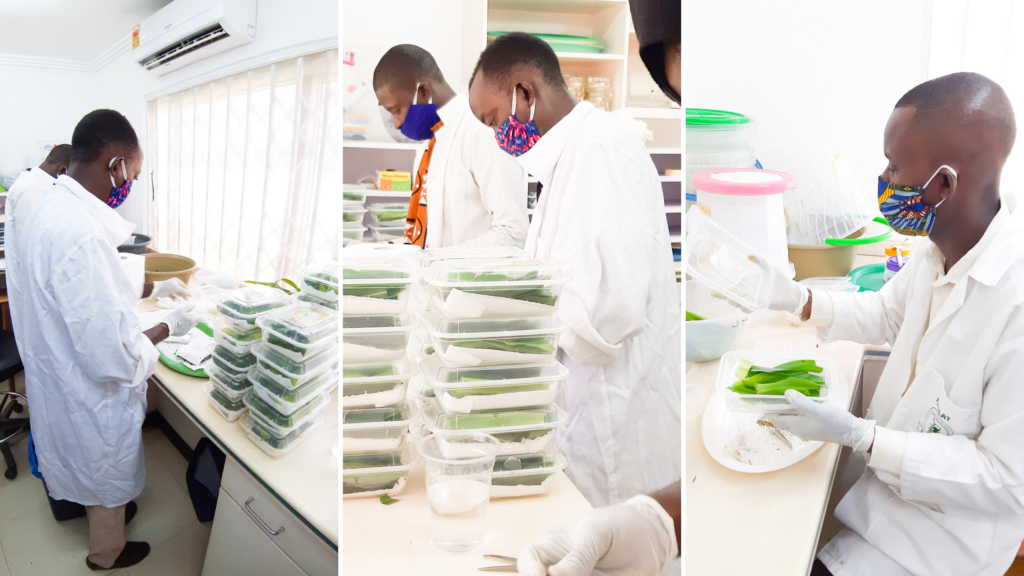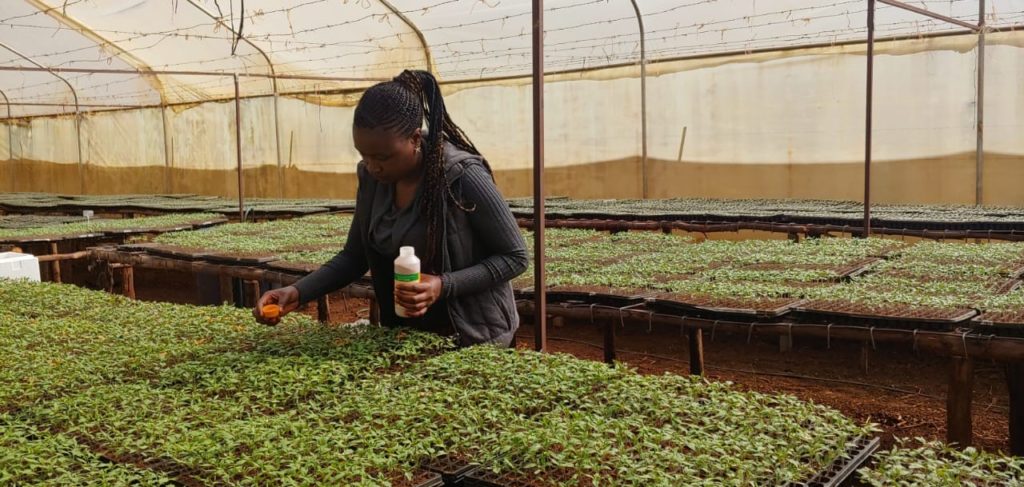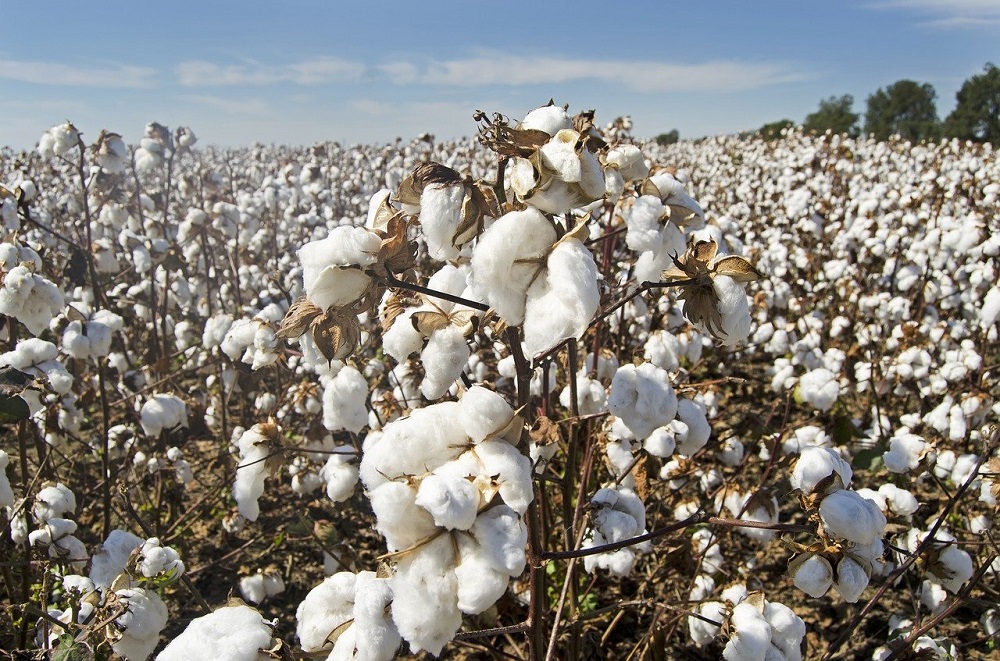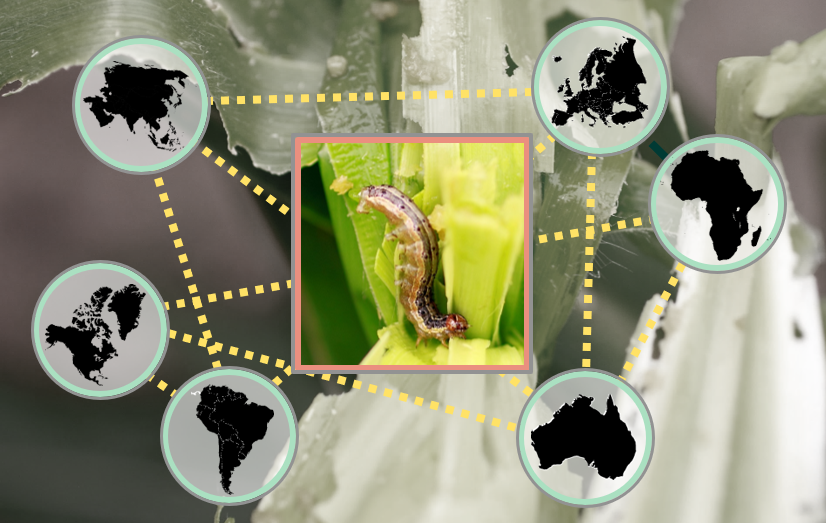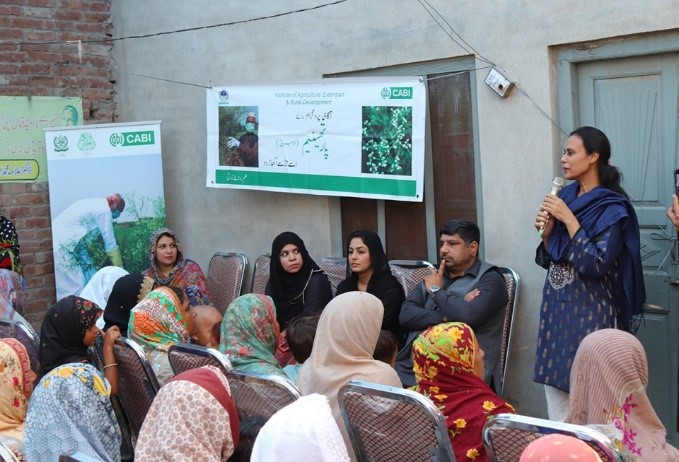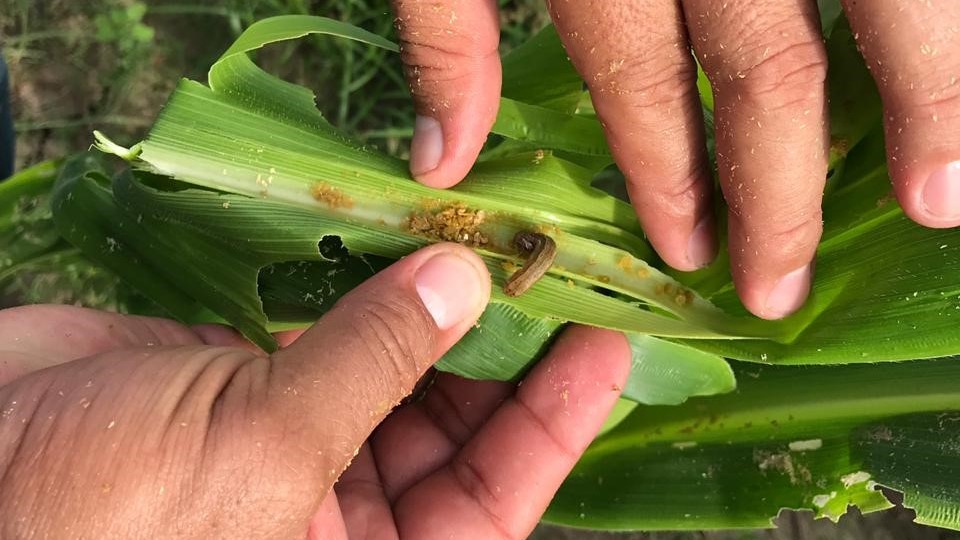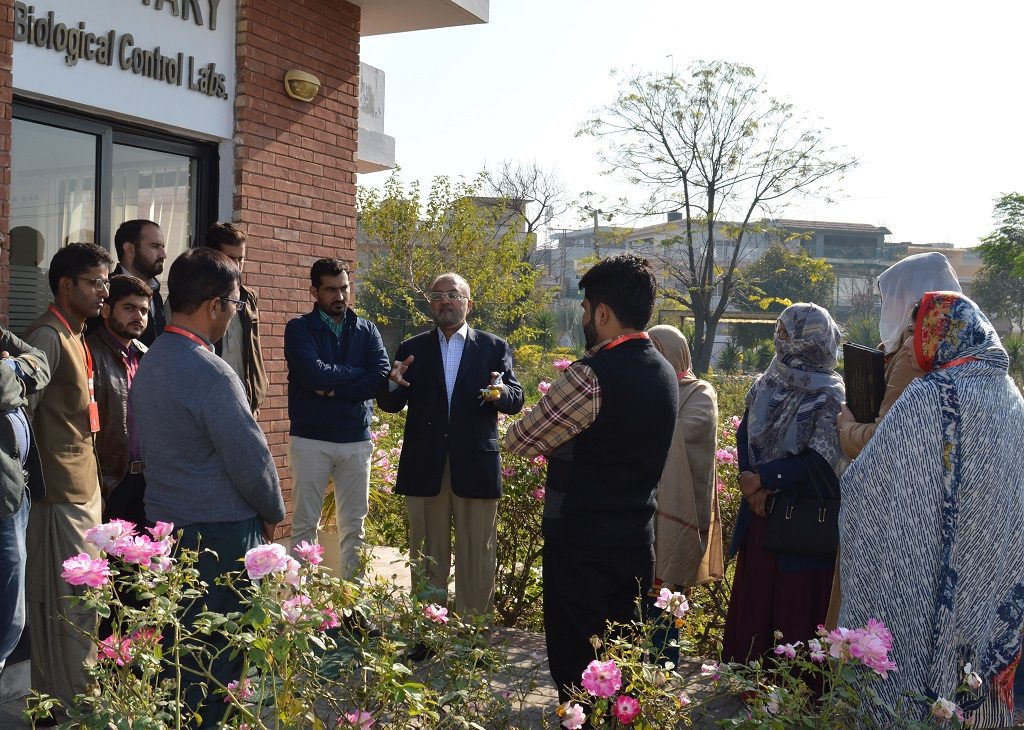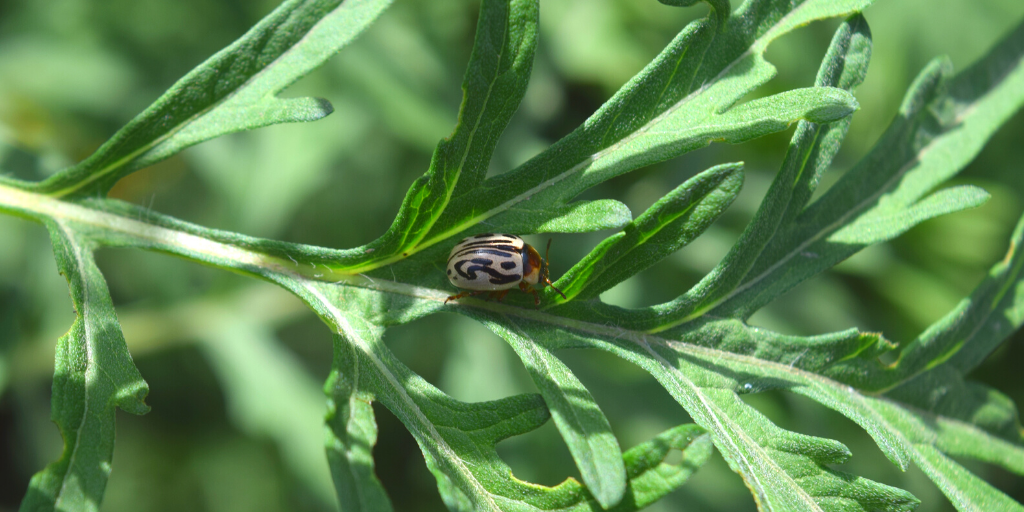CABI refurbishes MoFA laboratory for biological control of invasive species in Ghana
Through its global Action on Invasives (AoI) programme, CABI has refurbished a laboratory housed by the Plant Protection and Regulatory Services Directorate of Ghana’s Ministry of Food and Agriculture (MoFA-PPRSD). The lab supports research efforts aimed at discovering and promoting locally practicable biological control solutions for managing invasive species in Ghana. The refurbishment consisted of…
Sentinel trees: an early warning system for new invasive threats
With increased levels of human development, transportation and changing climates, we are seeing greater instances of invasive species introduction and spread across all continents. Such invasive species can cause significant ecological and economical impacts in targeted areas, for example the elm bark beetle (Hylurgopinus rufipes) which spread across Europe from North American log transports and…
Communication is key: CABI publishes framework for strategic communications during pest outbreaks
The invasion of a highly destructive plant pest can have a devastating effect on farmers’ crop production, natural ecosystems and economic trade. In Africa, where a large proportion of people live in rural areas and rely on subsistence agriculture, invasive species can cause severe damage and seriously impact food and nutritional security.
The future of fall armyworm research
As COVID-19 forces more and more people indoors, the challenges facing scientific research do not diminish. If anything, the sudden requirement to maintain a sensible distance between colleagues serves only to highlight the lack of resources currently available to facilitate remote working and collaboration in research circles.
Learning about the commercial aspects of biological control to combat pests and new invasive threats in Pakistan
Biological control is a key element of an integrated pest management strategy. Not only is it environmentally safe but it is also important for sustainable crop production. Among various biocontrol methods, increasing the presence of natural enemies is an effective substitute when they are not sufficiently abundant or effective.
Redistribution of Zygogramma bicolorata to control Parthenium in Faisalabad
Parthenium weed (Parthenium hysterophorus) is a serious problem in wastelands throughout Pakistan and so far, no single method alone has proven effective in its management. Among the various causes of its rapid spread in Pakistan, lack of natural enemies or presence of a natural enemy in a specific part of the country is perhaps the…

